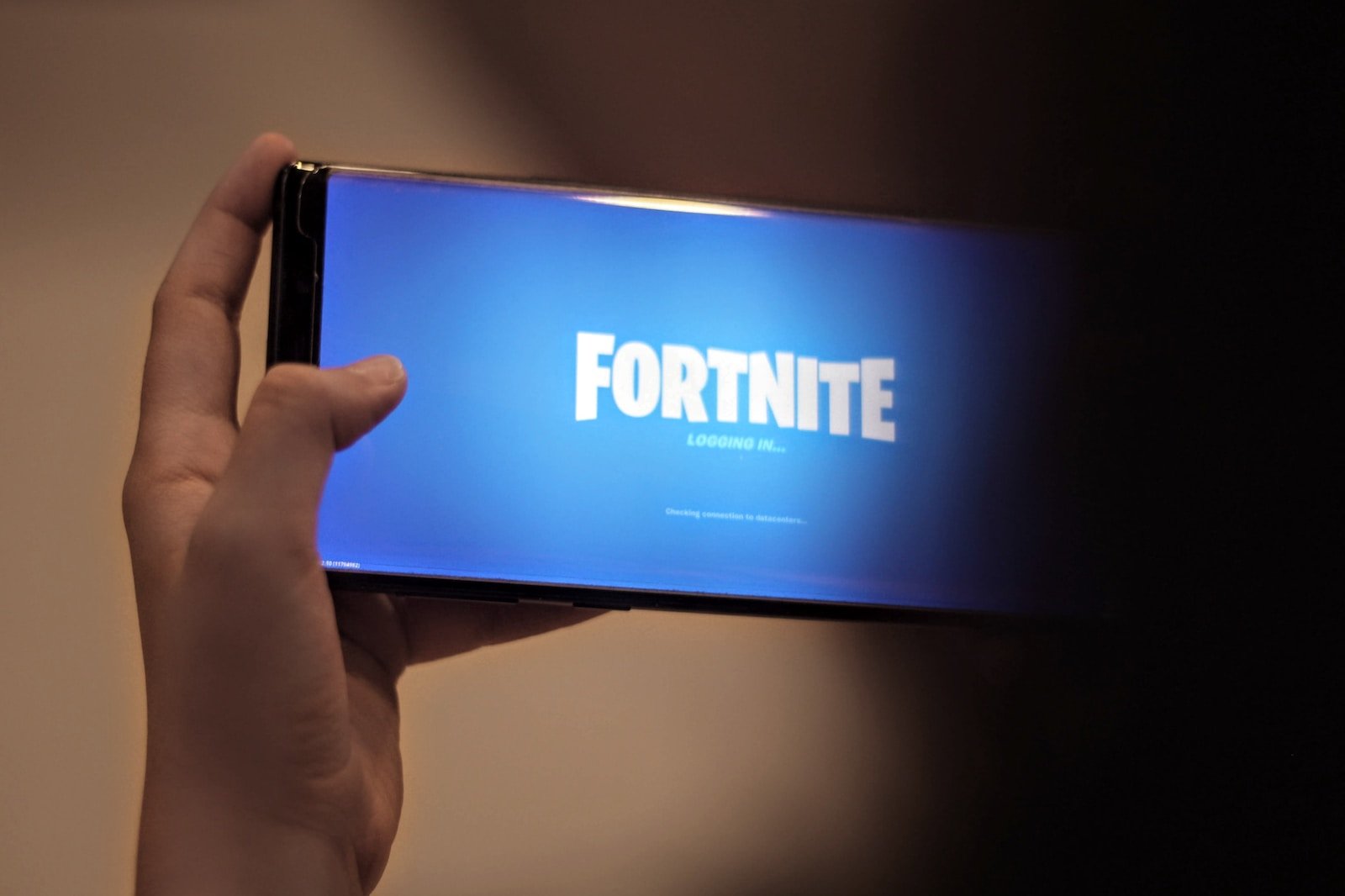Fortnite, the popular video game created by Epic Games, has recently launched their latest initiative, Creator Economy 2.0, which aims to empower creators with the tools to monetize their content and create virtual storefronts to sell their digital products. This move has the potential to change the way we view enterprise and social metaverses and could also be a pivotal moment for decentralized applications.
The Creator Economy 2.0 initiative provides a platform for creators to showcase their work and sell their products within the Fortnite ecosystem. By providing virtual storefronts, Epic Games is essentially creating a virtual marketplace within Fortnite where creators can sell their digital products directly to their audience. This could be a game-changer for creators who previously struggled to monetize their content and were reliant on platforms such as YouTube or Twitch.
The revenue-sharing model implemented by Epic Games is also a significant move towards creating a more equitable and sustainable creator economy within the Fortnite ecosystem. According to Epic Games, they will pay out 40 percent of the games revenues to creators. This incentivizes creators to produce high-quality content that players want to engage with, creating a virtuous cycle that benefits everyone involved.

The launch of Creator Economy 2.0 is also an exciting development for the world of decentralized applications. By creating a virtual economy within Fortnite, Epic Games is essentially testing the waters and creating a blueprint for other decentralized applications to follow. If this model proves successful, it could pave the way for a more decentralized/ democratized web.
It’s worth noting that while Creator Economy 2.0 is a step towards decentralization, it is not a fully decentralized platform. Some argue that a more radical approach is needed, such as fully decentralized platforms that eliminate the need for centralized companies like Epic Games altogether. However, if Creator Economy 2.0 proves successful, it could provide a middle ground that balances the benefits of decentralization with the practicalities of running a platform.
If this model works, it could potentially kill the argument that full decentralization is needed, as it would demonstrate that it is possible to create a sustainable and equitable digital economy without completely eliminating centralized companies. The success of Creator Economy 2.0 could also encourage other companies to adopt similar revenue-sharing models, further promoting the growth of a more equitable and sustainable creator economy.
However, the success of Creator Economy 2.0 largely depends on the willingness of creators and users to adopt this new model. If creators and users are not willing to embrace this new approach, it may suggest that a more radical approach is needed, such as fully decentralized platforms that eliminate the need for centralized companies like Epic Games altogether.
In conclusion, the launch of Creator Economy 2.0 is an exciting development for both creators and the world of decentralized applications. If successful, it could provide a blueprint for other companies to follow and help to create a more sustainable and equitable digital economy. However, whether it will be a make-or-break moment for dApps remains to be seen. Nevertheless, it is clear that the Creator Economy 2.0 initiative has the potential to change how we view enterprise and social metaverses.
For more market insights, check out our latest Digital Twin news here.













